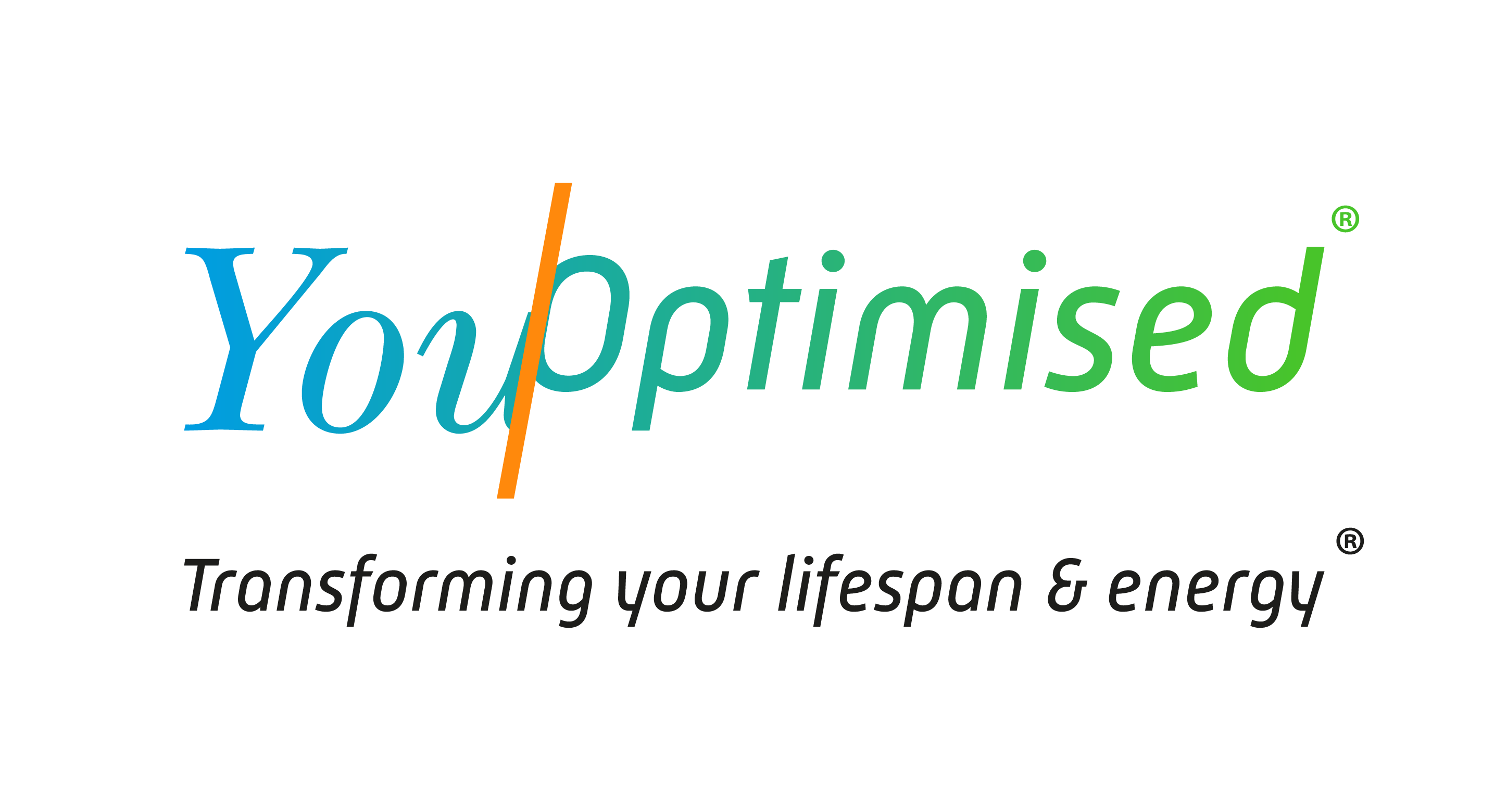In recent years, the subject of alcohol’s influence on breast cancer has been increasingly brought to the forefront of medical research. Numerous studies have indicated a potential correlation between alcohol consumption and an elevated risk of developing breast cancer. Here, we delve into the depth of this connection, shedding light on the prevailing evidence and offering an understanding of how best to mitigate risks.
The Connection Between Alcohol and Breast Cancer
Alcohol, a ubiquitous aspect of social life for many, is consumed regularly worldwide. Nonetheless, it’s important to remember that alcohol is a potential carcinogen – it can cause cancer.
Breast cancer is the most commonly diagnosed cancer in women globally, accounting for a substantial portion of cancer cases. The relationship between breast cancer and alcohol consumption has been examined in various epidemiological studies, with findings suggesting a dose-dependent link. This means the more alcohol consumed, the higher the risk of developing breast cancer.
Understanding the Mechanism
The mechanism that links alcohol to cancer is not fully understood. One proposed theory is that alcohol consumption increases the level of oestrogen in the body. Oestrogen is a hormone that can promote the growth of breast cancer cells. Furthermore, alcohol can also directly damage DNA, leading to mutations that may result in cancer.
Evaluating the Risk
The risk doesn’t increase dramatically with light drinking, defined as up to one drink a day. However, moderate to heavy drinking – more than one to two daily drinks – is linked to a significantly higher risk. It’s also important to consider that the risk is cumulative, meaning that the total amount of alcohol consumed over time is crucial.
The type of alcohol – be it beer, wine, or spirits – does not appear to affect the risk. It’s the alcohol itself and the amount consumed that is linked to breast cancer.
Reducing the Risk
Despite the concerning findings, it’s important to remember that alcohol consumption is just one of several risk factors for breast cancer. Others include age, genetics, reproductive history, and lifestyle factors such as physical inactivity and obesity.
To reduce the risk of breast cancer, it is advisable to limit alcohol intake. The NHS recommends not regularly drinking more than 14 units of alcohol per week. If you drink as much as 14 units a week, it’s best to spread this evenly over three or more days. Taking several drink-free days each week is also a good idea.
A Balanced Perspective
While being aware of the risk factors is vital, fear shouldn’t dominate the conversation. The key is moderation and informed choices. The relationship between alcohol and breast cancer is complex and influenced by many other factors, including genetics, age, and overall lifestyle. Regular check-ups, a balanced diet, regular exercise, and prompt reporting of unusual breast changes are fundamental to maintaining good breast health.
This article does not replace professional medical advice. If you have concerns about breast cancer risk, discuss them with your healthcare provider.
References
- Collaborative Group on Hormonal Factors in Breast Cancer. (2002). Alcohol, tobacco and breast cancer – collaborative reanalysis of individual data from 53 epidemiological studies, including 58 515 women with breast cancer and 95 067 women without the disease. British Journal of Cancer, 87(11), 1234–1245.
- Scoccianti, C., Straif, K., & Romieu, I. (2014). Recent evidence on alcohol and cancer epidemiology. Future Oncology, 10(5), 813–825.
- NHS. (2018). Alcohol units. Retrieved from NHS website

